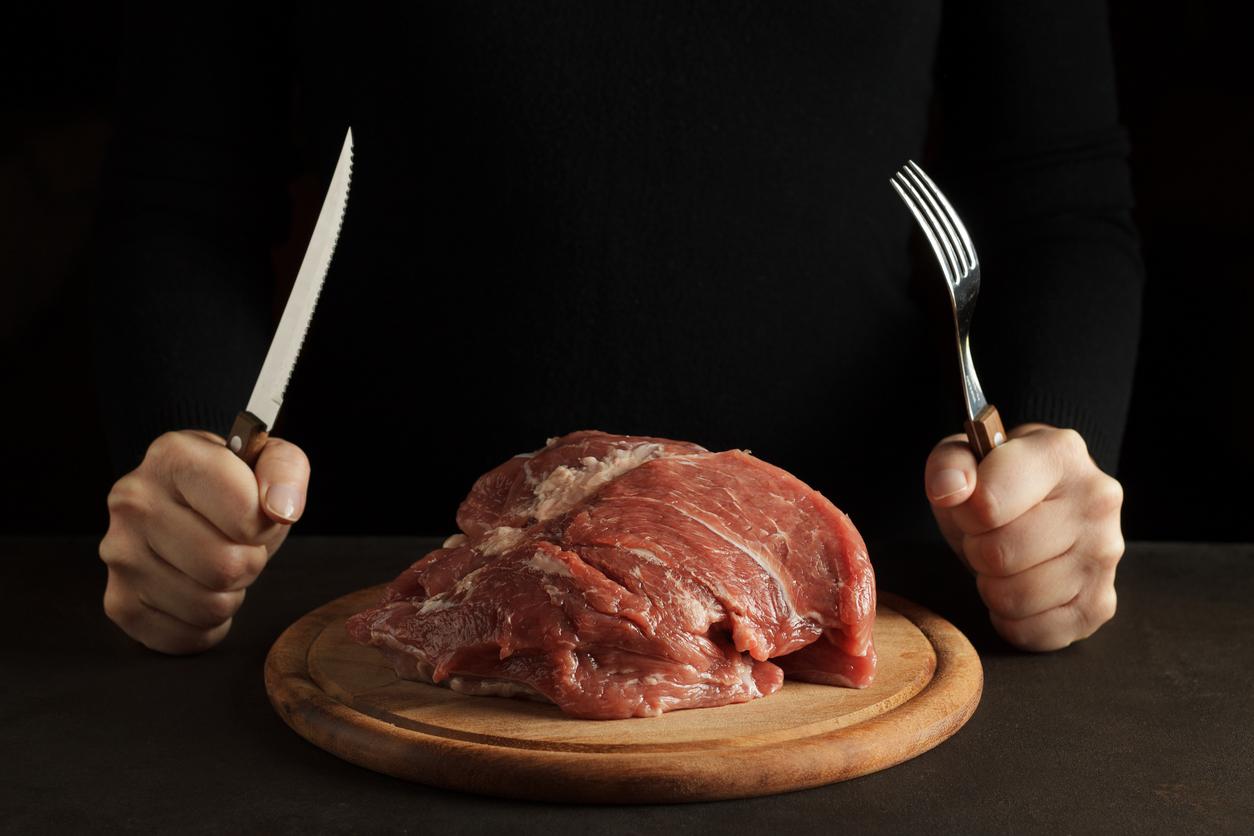A study in mice sheds new light on how certain diets could help extend life expectancy, at least for some.

- If the mice subjected to calorie restriction lived longer than those with free access to food, certain genetic traits had a much more decisive impact on their longevity than diet.
- “If you want to live very old, there are things you can control in your life, like diet; but what you really want is a very old grandmother.”
- Furthermore, “weight loss during calorie restriction is actually a bad sign for longevity,” the researchers note, challenging conventional wisdom that certain diets can prolong life in the first place.
For nearly a century, laboratory studies have shown that eating less, or less often, allows animals to live longer. But the mechanisms behind this increase in longevity have until now remained rather unclear. A new study, published in the journal Naturetoday lifts the veil a little more on how diets can make people live longer – but also their negative side effects.
Calorie reduction versus intermittent fasting
To facilitate understanding of the effects of diet in humans, scientists at the Jackson Laboratory (JAX), a renowned international research institute based in the United States, used genetically distinct mice, reflecting human genetic diversity. The approximately 1,000 rodents were divided into five groups: one group with free access to food, two with a 20% and 40% reduction in daily caloric intake, and two others subjected to intermittent fasting for one or two days. consecutive per week.
As a result, the mice subjected to calorie restriction, which consumed 60% and 80% of their usual intake, lived on average 34 and 30 months, compared to 25 months for those with free access to food. Those following intermittent fasting, for their part, lived 28 months on average. Either, “But within each group, the differences in lifespan were enormous: the rodents eating the least, for example, had a lifespan ranging from a few months to four and a half years”note one press release. Which suggests other factors are at play.
Genetics at the heart of longevity
Analyzing the rest of the data, the researchers found that genetics had a much more decisive impact on longevity than diet. Certain genetic traits, such as the ability to maintain good immune health and stable red blood cell counts during periods of calorie restriction, are essential for a long life.
They furthermore identified “genetically encoded resilience as a critical factor in lifespan” : The mice that survived the longest were those that managed to naturally maintain their weight, fat, and immune health during periods of stress or food restriction.
“If you want to live very old, there are things in your life you can control, like diet; but what you really want is a very old grandmother.”summarize the scientists.
“Our data also shows that weight loss during calorie restriction is actually a bad sign for longevity,” they add, challenging conventional wisdom that certain diets can prolong life in the first place. For example, “Factors like weight, body fat percentage or blood glucose level did not explain the link between calorie reduction and longer life.”
By questioning the reliability of these biological markers, usually associated with metabolic health and aging, these results could prove crucial for the future of clinical trials, which often use these same markers alone to measure the effects of restrictive diets on longevity. .


















